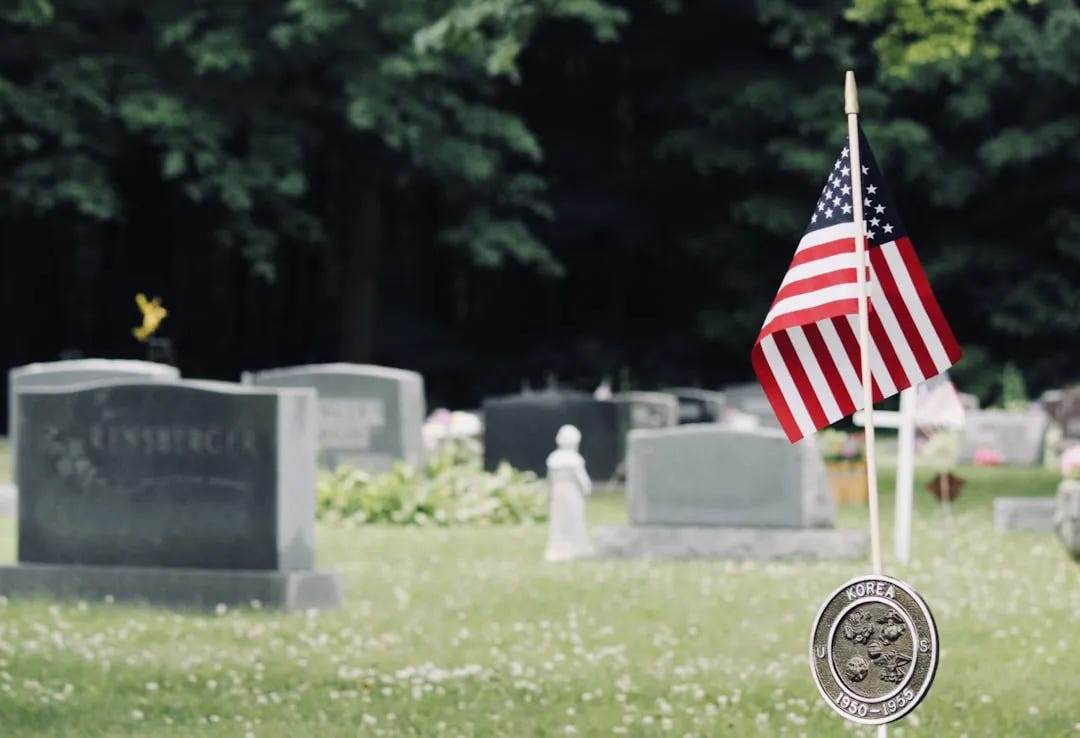Rename Magruder Elementary? York school board wants to hear from you
Good morning! Today is May 13...York County's school board wants a citizen survey; James City County supervisors vote this afternoon on the county's budget and on higher water and sewage fees.
York County School Board members want to hear from county residents before making a decision on the name of Magruder Elementary School.
At a work session Monday night, they asked Superintendent Victor D. Shandor to bring a proposal to their regular meeting next week to survey county residents about the idea.
“I’d like to hear what the community says,” said District 1 Representative Mark J. Shafer, in whose district the school is located.
The future of Magruder’s name has been in play since 2020, when Bruton resident Mary Lassiter and her brother Carl Lassiter began a campaign to rename Magruder Elementary as well as James Blair Middle School in Williamsburg.
After a survey of residents found only a third favored changing James Blair’s name, the Williamsburg-James City County school board tabled the idea last week.
James Blair is named for the founder of William & Mary, who owned slaves during the 17th century.
Gen. John B. Magruder, a Confederate general, ordered the destruction of Hampton by fire in August 1861 to prevent it from falling into Union hands and to stop the town from becoming a safe harbor for runaway slaves.
After public comments last fall, the York school board asked administration officials to do more research into the school’s name. They concluded there have been multiple schools named Magruder dating back to 1868, and that they were named after either Fort Magruder or the village of Magruder, which was displaced by Camp Peary. That meant the school was indirectly named for the general, they said.
Since the school board has a policy of not naming schools after any living or dead person, 5th District Representative Lynda J. Fairman said if Magruder was renamed, then Tabb elementary, middle and high schools would also need to be renamed. Fairman said she had done research into the Tabb area, which is in her district, and found it was named after a Confederate era author, Mary Octavia Smith Tabb.
Since changing school names could impact multiple schools and would bear a cost, Vice Chair James E. Richardson said he wanted to hear from county residents “before I commit to a decision.”
Board Chair Kimberly S. Goodwin asked Shandor to develop a plan that would maximize the integrity of the survey by restricting it to county residents and preventing anyone from voting more than once.
JCC Supervisors vote today on county budget, water & sewage fees
James City County supervisors are scheduled to vote this afternoon on the county’s $389.5 million budget, which as of this writing does not continue a one-year, 5-cent credit toward real estate taxes.
Then, meeting as the board of directors of the James City Service Authority, they are scheduled to approve increases to water and sewage bills that will raise the average family’s bill by 31.5% over the next four years.
The county’s real estate taxes are its largest revenue source, and they jumped by double digits last year after an assessment dramatically raised the taxable value of many homes. To offset the impact, the board approved a one-year tax credit of 5 cents per $100 in value, which is set to expire after the current taxes due in June.
The fiscal year budget, as proposed, includes $262.7 million for the general operating budget and a capital projects fund of $125.3 million.
The increases to water and sewage fees are designed to offset a decline in water use, and a near doubling of interest rates on the debt taken to improve the utility’s facilities, according to JCSA General Manager M. Douglas Powell.
Opponents of the end of the tax credit, which effectively becomes a tax increase for homeowners, have been active on social media the past several weeks urging a large turnout today.
The board of supervisors meets at 5 p.m. at the government center board room at 101 Mounts Bay Road.
Guest Opinion
Editor’s Note: After 40 years in the journalism business, we know the average citizen rolls their eyes when we in the media start talking about filing a Freedom of Information Act request to extract information on how your tax dollars are spent.
So why should you care? We asked the executive director of the Williamsburg-based Virginia Coalition for Open Government to explain:
By Megan Rhyne
Imagine you wake up one morning, flip on the TV news, and there, broadcasting from Duke of Gloucester Street, a beaming reporter is announcing that crews are onsite, ready to break ground on an Olympic-sized swimming pool right there in Merchant’s Square. The camera pans to an artist’s rendering of a multi-level patio, replete with lounge chairs, a tiki bar and potted palm trees. The reporter announces that this city-funded project will not be open to area residents, only tourists on holiday in Williamsburg.
You’re understandably aghast. You’ve got questions. How did this happen?
Sometimes we need hyperbole to make a point. And the point here is that as a government of, by and for the people, the people have a right to know how decisions are made, how their money is spent and who is responsible for the decisions that impact them.
It’s not a novel concept. One of the grievances enumerated in the Declaration of Independence was that King George III convened legislative bodies at unusual places and away from the repository of public records, “for the sole purpose of fatiguing them into compliance with his measures.” James Madison famously added, “Knowledge will forever govern ignorance; and a people who mean to be their own governors must arm themselves with the power which knowledge gives.”
Though these notions have always underpinned our ideals as a nation, it wasn’t until 1966 that the federal Freedom of Information Act was enacted to codify them. Virginia passed its own version of FOIA in 1968. As laid out in its opening provisions, the act exists to ensure “ready access” to our state and local government meetings and records.
“The affairs of government are not intended to be conducted in an atmosphere of secrecy since at all times the public is to be the beneficiary of any action taken at any level of government,” reads Section 2.2-3700 of the Virginia FOIA.
FOIA sets out the processes by which anyone can ask to see the records our government is creating, keeping and using as they do business in our name. FOIA is the ultimate in oversight, the original “receipts.”
You have the right to ask for records that would help you understand how the DOG Street Deep End came into being.
You also have a right to attend meetings where these matters were supposed to have been discussed. Virginia’s FOIA sets out rules for those meetings aimed at allowing the public to watch their representatives at work.
Unfortunately, we see too many instances where those in government either don’t know the law, don’t understand its application, are ignorant of the reasons for the law or, at the very worst, actively undermine the law.
It’s not because they are evil people — they are usually our friends or neighbors. It’s because they fear the power of information, just like Madison said. They fear losing control of the message and they fear the possible repercussions of oversight.
What these folks underestimate is the power of transparency. It’s the power truth and openness have to build trust and encourage buy-in. The more upfront they are, the more the people they serve will believe them, not only when things go well, but even when things start going wrong.
If everyone embraced the basic humanity and underlying civic virtue of an open government, it might not be a glittering utopia of swimming pools and palm trees, but it would be a place of infinitely more trust in our government, in institutions, and even in each other.
Megan Rhyne is Williamsburg born and raised. The nonprofit Virginia Coalition for Open Government began in 1996 with funding from various media organizations, and its board of directors includes librarians, genealogists, broadcasters, newspapers and the public at large.
Virginia House Speaker Scott joins national Democratic campaign board
Virginia overhauls SOL testing to boost student achievement
Don’t miss model trains on exhibit this weekend


The Colonial Heritage Model Railroad Club, working with the Norge Depot Museum, is holding a model train display this weekend for model railroad enthusiasts.
The display is free and open from 10 a.m. to 4 p.m. Saturday the 17th, and from 1 p.m. to 4 p.m. Sunday the 18th. It takes place at the Kitzinger Community Room at the James City County Library on Croaker Road.
Williamsburg City Offices Closed Friday
The city of Williamsburg’s offices will be closed Friday, May 16, 2025, while staff engage in team-building and development sessions, the city announced.
This includes all offices in the Municipal Building on Lafayette Street.
Quarterpath Recreation Center will follow normal operating hours, 8 a.m. to 9 p.m. Waller Mill Park will follow normal operating hours, 7 a.m. to 8 p.m.
If you need to pay a bill you can make the payment online or at a 24-hour bill payment dropbox in front of the Municipal Building at 401 S. Lafayette St.
Passings
Richard Paul Miller, 83, May 8.





